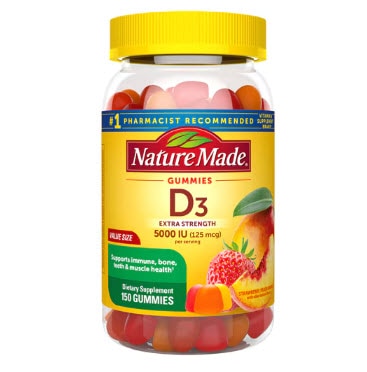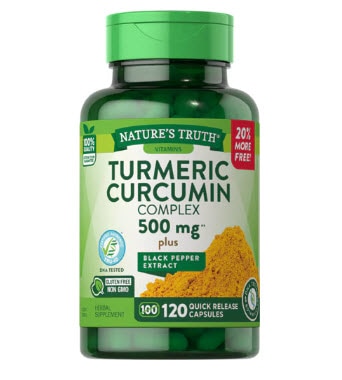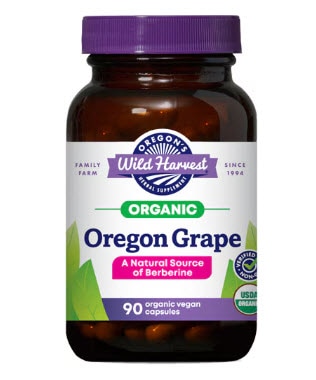Usually we take our skin for granted, until something itches, stings, causes redness, bumps or flaking. Psoriasis, an autoimmune disease, can produce any of these symptoms. While it is not contagious, it can be uncomfortable for those who have it and unsettling for those who witness it. There is no cure. Psoriasis is a skin condition that can flare up again and again, but it can often be managed well with good skin care, diet, supplements or medical treatment when needed.
What is psoriasis?
Simply put, psoriasis comes from a misfire in the immune system creating an overactive immune response, where a person’s skin can overproduce skin cells. Instead of the usual three to four weeks that a skin cell moves up from the deepest layer to the top, the same skin cells travel the distance in three to seven days. The immature cells start piling up on the surface.
Psoriasis can look like a rash in one area of the skin, around the nails or all over the body. It may sting, burn or itch. The most common type of psoriasis is plaque psoriasis, where the rapidly produced skin cells create plaques of raised patches of skin. This usually shows up on the elbows, knees, back or scalp, but can be anywhere on the body.
Other types are nail psoriasis, inverse psoriasis (shows up as inflamed skin where there are folds of skin that may rub against each other.), guttate psoriasis (little drop-shaped scaly spots on arms, legs or body), pustular (rare blister type usually on palms or soles of feet) or the least common, erythrodermic psoriasis, which affects the whole body.
What are the symptoms of psoriasis?
Psoriasis symptoms vary from person to person or with the different types of psoriasis. It’s best to see a doctor to determine if your symptoms stem from psoriasis or something else. The following are common for psoriasis.
Symptoms of psoriasis can include:
- Dry or cracked skin (may bleed)
- Dandruff
- Itchy, burning or stinging patches of raised, scaly skin
- Red or white clusters or blisters
- Redness in skin folds
- Abnormal nail growth, often with redness, discoloration, thickening or pits
- Scaly spots
- Rash that comes and goes
What causes psoriasis?
Psoriasis is usually inherited and can show up at any time in someone’s life. The exact cause is unknown but it can be triggered by stress, hormonal changes, cold or dry weather, an infection like strep throat or the flu, as well as environmental factors such as smoke or too much sun. Heavy drinking, trauma to the skin or certain medications can also trigger psoriasis.
How to treat psoriasis
Psoriasis can be managed with both lifestyle changes and medication. There are a wide range of options.
The most common treatment a physician will start with is a topical corticosteroid. These come in many forms, such as creams, sprays, shampoos or ointments. They are best used short term as they can thin the skin over time. If used too long they can also lose effectiveness.
Other prescription creams such as retinoids or calcineurin inhibitors may be prescribed, or even topical tar treatments that can work to reduce symptoms but can be messy and have a strong odor. In severe cases, doctors may want to use injections instead of creams to get the rash under control.
Light treatments may also be used either alone or in combination with creams and injections.
- Sunlight — contains both UVA and UVB light and brief exposure may ease symptoms of psoriasis, in some cases.
- UVB broadband has fewer side effects than UVB narrowband but the narrowband phototherapy can work better. This is usually given twice or three times a week and then more infrequently as the skin improves.
- UVA light goes deeper into the skin than UVB light and in severe cases of psoriasis, a doctor might want to do psoralen plus ultraviolet A (PUVA) treatments, but the side effects can be a higher risk for skin cancer, wrinkles, lines, freckles or even headaches and nausea.
- Excimer laser therapy is another UVB option. It is a powerful laser focused light which can clear a rash faster than sunlight, but with the possibility of blisters or inflammation as a result.
Vitamin D
Low levels of vitamin D are commonly found in people with psoriasis. Doctors may prescribe creams that contain synthetic vitamin D or recommend safe sun exposure. Some studies have explored whether supplementation may support skin health, but more research is needed to confirm if it might be helpful.
Omega-3 fatty acids
Omega-3 fatty acids may help support a healthy immune response, which could be beneficial for people living with psoriasis. Sources include fatty fish such as salmon or sardines, as well as flaxseed and chia.
Curcumin
Curcurmin, the active compound in turmeric, has been studied for its potential to support skin and immune health. While early findings are promising, more clinical trials are needed to understand its role. Adding turmeric to meals or using a supplement may be worth discussing with a health care provider.
Oregon grape
Some small studies suggest topical creams containing Oregon grape extract may help support healthy skin. There isn’t enough evidence to support oral supplementation would work, but as more studies come out, ask your doctor to see what information is available.
Vitamin B12 and selenium
Research has looked at whether vitamin B12 and selenium may play a role in skin health. Both are found in food sources such as Brazil nuts (selenium) and fortified cereals (B12).
Lifestyle factors
Stress, diet and sleep may all influence psoriasis flare-ups. Finding ways to manage stress, staying active, and following a balanced diet may help support overall skin health.
These statements have not been evaluated by the Food and Drug Administration. These products are not intended to diagnose, treat, cure or prevent any disease.
Featured Products



The post What Is Psoriasis and How Can You Manage It Naturally? first appeared on The Upside by Vitacost.com.

